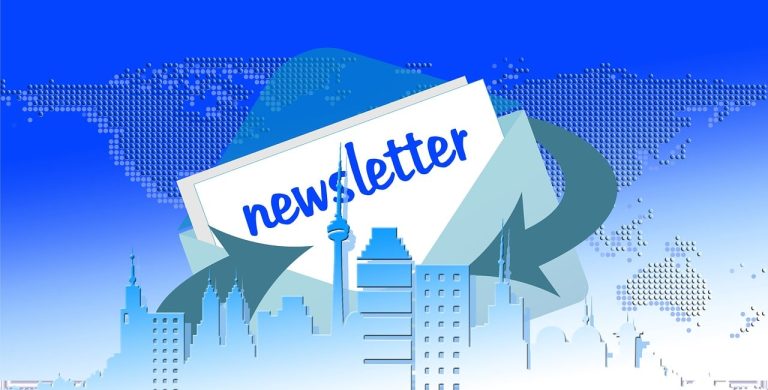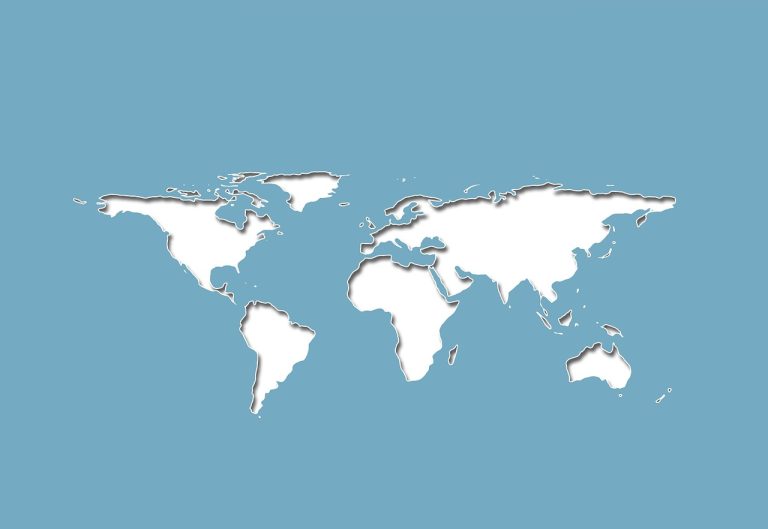
Understanding the Effects of New Government Policies on Everyday Life in the Philippines
The Philippines, an archipelagic nation in Southeast Asia, is no stranger to evolving government policies that aim to address the dynamic challenges facing its society. These changes are often driven by the need to stimulate economic growth, alleviate poverty, improve infrastructure, and enhance public welfare. While these policies are designed with the intention of fostering a better future, their impact on everyday life can be profound and multifaceted. In this article, we delve into the various effects of new government policies on the daily lives of Filipino citizens.
Economic Reforms and Their Impact
One of the most significant areas where new government policies manifest is in economic reforms. The Philippine government has consistently sought to implement policies that encourage foreign investment, boost local industries, and improve the overall economic landscape. These reforms often include tax incentives for businesses, the development of special economic zones, and the simplification of business registration processes.
For instance, policies that promote economic growth by attracting foreign investors have the potential to create more job opportunities for Filipinos. This can lead to higher employment rates and better wages, ultimately improving the standard of living. However, these policies can also lead to increased competition for local businesses, which may struggle to keep up with international companies.
Healthcare Access and Quality

The healthcare system in the Philippines has been a focal point for government policy, especially in light of recent global health challenges. Policies aimed at expanding access to healthcare services and improving their quality have significant implications for everyday life. The implementation of the Universal Health Care Act is a step towards providing all Filipinos with equitable access to quality and affordable healthcare goods and services.
This policy is expected to benefit millions by reducing out-of-pocket expenses for medical care and ensuring that even those in remote areas have access to healthcare facilities. However, the success of such policies hinges on effective implementation and adequate funding. Challenges remain in terms of infrastructure and the availability of trained medical professionals, which can affect the quality of healthcare services provided.
Educational Reforms and Opportunities
Education is another critical area where government policies have a direct impact on daily life. The Enhanced Basic Education Act, commonly known as the K-12 program, extended basic education in the Philippines to 12 years. This reform aims to better prepare students for higher education and employment by enhancing their skills and competencies.
The introduction of this program has had mixed effects. On the one hand, it aligns the Philippine education system with international standards, potentially providing students with better opportunities both locally and abroad. On the other hand, it has placed additional financial strain on families who must support their children for two more years of schooling. Furthermore, the transition has posed challenges for educational institutions in terms of curriculum development and resource allocation.
Infrastructure Development and Urbanization
Infrastructure development is a cornerstone of government policy in the Philippines, with significant investments directed towards improving transportation, energy, and communication networks. The “Build, Build, Build” program is a prime example of this, consisting of numerous infrastructure projects aimed at boosting connectivity and supporting economic growth.

Improved infrastructure can lead to more efficient transportation, reduced travel times, and enhanced connectivity between regions, all of which contribute to improved quality of life. However, the implementation of such large-scale projects often comes with challenges. These include land acquisition issues, environmental concerns, and the displacement of local communities.
Social Welfare and Poverty Alleviation
The Philippine government has also introduced policies aimed at reducing poverty and enhancing social welfare. Programs such as the Pantawid Pamilyang Pilipino Program (4Ps) provide conditional cash transfers to the country’s poorest families, helping them meet basic needs and invest in education and health.
While such programs have positively impacted many lives by reducing poverty rates and improving health and educational outcomes, they also face criticism. Issues related to funding, program coverage, and the sustainability of these initiatives remain significant challenges. Ensuring that these programs reach the intended beneficiaries and effectively lift them out of poverty is crucial for their long-term success.
Environmental Policies and Sustainable Development
As a nation vulnerable to natural disasters, the Philippines places a strong emphasis on environmental policies aimed at promoting sustainable development. Government initiatives focus on disaster risk reduction, conservation of natural resources, and the promotion of renewable energy.
Policies like the Philippine Clean Water Act and the Renewable Energy Act are designed to protect the environment and promote the use of sustainable resources. These initiatives not only help preserve the country’s rich biodiversity but also contribute to the health and well-being of its citizens. However, balancing economic development with environmental conservation remains a persistent challenge.

Takeaways
Understanding the effects of new government policies on everyday life in the Philippines requires a comprehensive examination of their intended goals and real-world impacts. From economic reforms and healthcare access to educational opportunities and infrastructure development, these policies shape the lives of Filipinos in diverse ways. While they hold the promise of positive change, their success relies heavily on effective implementation, adequate resources, and the ability to address the challenges that arise along the way.
As the Philippines continues to navigate its path towards sustainable development and economic progress, it is crucial for policymakers, stakeholders, and citizens to work collaboratively. By doing so, they can ensure that government policies not only address immediate needs but also pave the way for a brighter and more inclusive future.
Technology and Digital Transformation
In recent years, the Philippine government has placed significant emphasis on digital transformation as a means of fostering innovation and improving public services. Policies aimed at enhancing digital infrastructure, promoting e-governance, and supporting the growth of the information technology sector have far-reaching implications for everyday life.
One of the key initiatives is the National Broadband Plan, which seeks to improve internet connectivity across the country. Better connectivity facilitates access to information, enhances communication, and supports the growth of digital businesses. For individuals, this means improved access to online education, telemedicine services, and remote work opportunities, which have become increasingly important in a post-pandemic world.

However, the digital divide remains a significant challenge, with rural areas often lacking the necessary infrastructure for reliable internet access. Bridging this gap is essential to ensure that all Filipinos can benefit from the opportunities provided by digital transformation.
Labor and Employment Policies
The landscape of labor and employment in the Philippines is continually shaped by new government policies aimed at protecting workers’ rights, improving working conditions, and fostering equitable labor practices. The passage of the Telecommuting Act, which allows employees to work from home, is a testament to the government’s efforts to adapt to changing work environments.
Such policies offer greater flexibility for workers, potentially leading to better work-life balance and increased productivity. However, they also raise concerns about job security, employee benefits, and the need for effective regulation to prevent exploitation. The challenge lies in creating a balanced framework that supports both employers and employees in adapting to new modes of work.
Public Safety and Law Enforcement Reforms
Ensuring public safety and maintaining law and order are top priorities for the Philippine government. Recent policies aimed at strengthening law enforcement and enhancing community safety have a significant impact on daily life. The establishment of community-based programs and the modernization of police forces are steps toward achieving these goals.
While these initiatives are designed to create safer communities, they also face criticism over concerns about accountability and human rights. Striking a balance between effective law enforcement and the protection of civil liberties is crucial to fostering trust and cooperation between the government and citizens.

Agricultural Policies and Food Security
Agriculture plays a vital role in the Philippine economy, and government policies targeting this sector are essential for ensuring food security and rural development. Initiatives such as the Rice Tariffication Law and programs supporting sustainable farming practices aim to boost agricultural productivity and stabilize food prices.
These policies have the potential to enhance the livelihoods of farmers by providing them with access to better resources, technology, and markets. However, the transition to new practices and the challenges of climate change pose significant hurdles. Support and education for farmers are critical to the successful implementation of these policies and the achievement of long-term food security.
Takeaways
In conclusion, the effects of new government policies on everyday life in the Philippines are diverse and multifaceted. From economic reforms and healthcare improvements to digital transformation and agricultural development, these policies play a crucial role in shaping the future of the nation. While the intentions behind these initiatives are generally positive, their success depends on comprehensive planning, effective execution, and the ability to address the challenges that arise.
As the country continues to evolve, it is essential for policymakers, businesses, and citizens to engage in constructive dialogue and collaboration. By doing so, they can ensure that government policies not only meet the immediate needs of the population but also contribute to a more sustainable, equitable, and prosperous future for all Filipinos. The ongoing commitment to evaluating and refining these policies will be key to navigating the complexities of modern governance and achieving lasting positive change.






